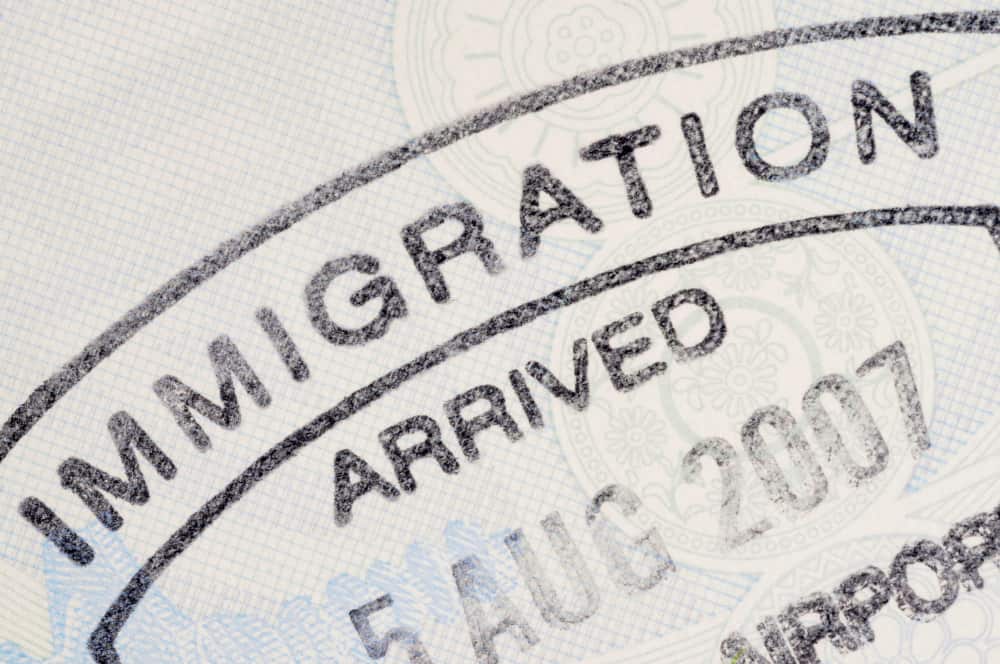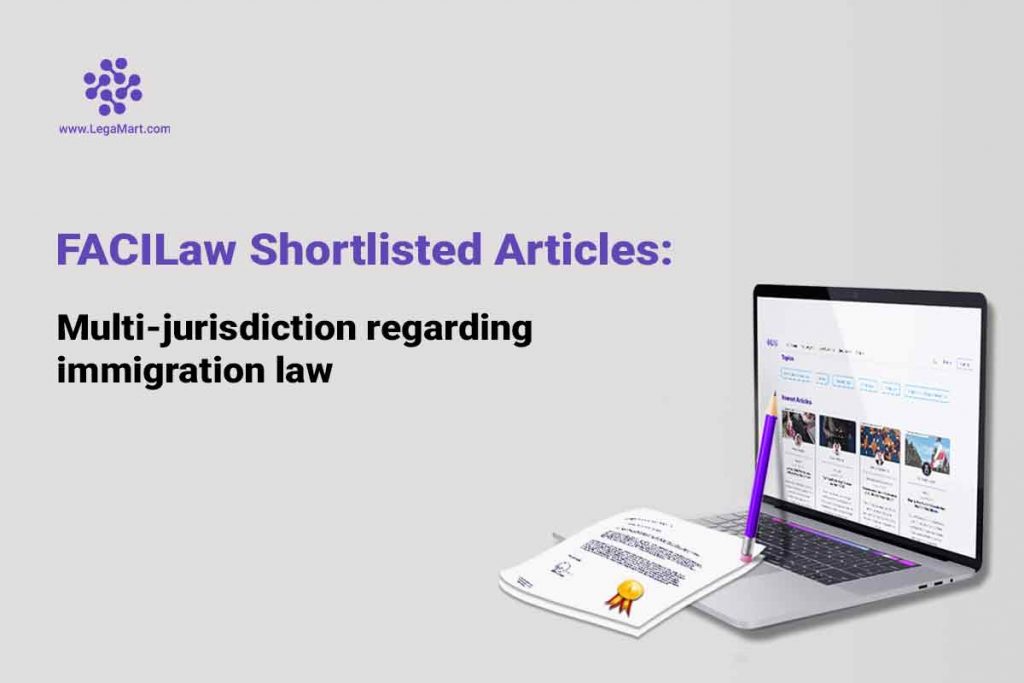This article is written by Sayantan Adhya
Introduction
This case study is about the business tycoon, ex-chairman of one of the most prominent liquor brands in India, a former member of Parliament, and now a Fugitive Economic Offender. This case is about Vijay Mallya, the owner of United Spirits (Kingfisher Brand), and the Indian Premier League team, Royal Challengers Bangalore.
In the later few months of 2015, the country was surprised when the hefty amount of his outstanding debt came to the limelight. As it turned out, Vijay Mallya owed 9000 crores to seventeen (17) Indian banks and was eventually accused of money laundering and scam. When this matter evolved to a possible arrest, Vijay Mallya fled to Britain to seek refuge on 2nd March 2016. This case will mainly focus on the greatest scam in the country, the possible reasons for the downfall of the widely known Kingfisher company, and the case that invoked to try him for the offences he had committed.
Vijay Mallya Scam- A Retrospective

Vijay Mallya took over United Breweries Holdings Limited (UBHL) as the chairman at the age of 28 years after the demise of his father, Vittal Mallya, in 1983. While his leadership was often compared to the Mughal Emperor Akbar, the UB Groups of Bangalore saw its graph increase after that. Not only did the businessman turn his inherited business into a successful one, but he also expanded it in the aviation and liquor industries.
Though the UB Groups had acquired many businesses, one such is Berger paints, an Indian paints company, the main chunk of their profit came from aviation, liquors, and investments. As a result, the UB Groups witnessed a steep 64% increase in turnover between the period of 1998 to 1999.
Vijay Mallya was elected twice as a member of the Parliament from Karnataka. The Kingfisher Breweries made a record sale of 10 crores cases in India, making it the second-largest spirits company in India. It was all accomplished under Vijay Mallya’s chairmanship. Hence, the Kingfishers airline was launched in 2005 by Vijay Mallya.
So, what were the events behind the scam? Let’s take a look.
The first flight of the Kingfishers airline took off in 2003, and within two years, it started its commercial flight operations. From four aircraft in the initial years to a whopping 104 flights, the airline was all for growth and got satisfying feedback in terms of customer response. Vijay Mallya’s Kingfishers airline soon became India’s No 1 domestic airline company, the first preference for each customer.
Vijay Mallya wanted to expand his liquor and airline business, and although his advisors suggested not to indulge in expansion, he did it anyway. He sold another company founded by his father to invest more in Kingfishers Airlines. He aimed at more international routes and flights. Despite the restrictions from the government, he acquired the Airline Deccan (a loss-making, low-budget domestic airline) to qualify for international flights, he even leveraged United Breweries for the same, and despite so much, the company reported heavy losses in the year 2010.
Vijay Mallya continued taking multiple bank loans to keep the operations running, ignoring the losses that it incurred. The loan amount totalled 9000 crores from seventeen banks by the end. Finally, the State Bank of India, to which he owed 1600 crore rupees, declared itself bankrupt. However, the others continued to fund him because he was a member of the Rajya Sabha and was backed by many powerful parties.
A once-applauded airline was slowly turning into a debt-ridden trap, and by the time actions were taken to prevent the collapse of the company, it was too late. The staff went on strike due to their non-payment of salaries since 2008. As a result, the company shares steeped lower than before, all international and domestic flights were cancelled, the company ran out of cash, and it had to shut down in 2012.
Loans that Vijay Mallya took

- State Bank of India: 1600 crores
- Punjab National Bank: 800 crores
- IDBI Bank: 800 crores
- Bank of India:650 crores
- Bank of Baroda: 550 crores
- United Bank of India: 430 crores
- Central Bank of India: 410 crores
- UCO Bank: 320 crores
- Corporation Bank: 310 crores
- State Bank of Mysore: 150 crores
- Indian Overseas Bank: 140 crores
- Federal Bank: 90 crores
- Punjab and Sind Bank: 60 crores
- Axis Bank: 50 crores
The company recorded a loss of 7000 crores in 2012, and critics hold the merger between Kingfisher and Air Deccan as the prime reason for the complete shutdown. However, it was only in 2015 that Indian Express reported Mallya owed loans from seventeen Indian banks, and the company management forced him to step down from the post of chairman of United Breweries.
State Bank of India and various other banks filed a case against him. The UB Groups offered him a severance of $75 million, but the courts restrained the payments, and he fled to the United Kingdom.
Some say Mallya offered the banks 4000 crores as a settlement, but the banks rejected it, citing that the principal amount of the loans was 4900 crores, and they demanded the interest as well.
So, to avoid arrest, Mallya fled to Britain, where the Indian Extradition Act of 1962 came into enforcement.
Amidst the cases, and a due arrest, fleeing from the country’s territories came as a significant checkpoint to the governance. As a Fugitive Economic Offender, legal proceedings were started to extradite him to the nation for the remaining trials. However, the Supreme Court of India held him guilty of contempt of court after a consortium was filed on non-repayment of the outstanding dues.
Meanwhile, amidst the legal proceedings, he transferred a huge amount of $40 million to his children in violation of the Karnataka High Court’s interim order, which prohibited him from transferring, alienating, disposing or creating third-party rights in any of his movable or immovable property. However, before deciding his punishment, the Supreme Court gave him the ‘opportunity of being heard.’ Since he fled, India had filed a plea for his extradition. The London Magistrate Court also approved his extradition to India and gave him 14 days to appeal the decision.
He had managed to secure bail against the warrant issued by Scotland yard in 2017, and since then, his extradition has been delayed with no ascertained decision to date. The Mumbai HC declared him a Fugitive Economic Offender. Even after a year-long trial, and the various pieces of evidence submitted by the Indian authorities, no fruitful solution was served.
Finally, the UK Homes Secretary ordered his extradition, much to the delight of the Indian community, in 2019. It’s been 2 years since the extradition was ordered, yet the extradition was stalled. However, it was rationalized by the British authorities as some internal legal proceedings which caused the delay.
Analysis: Multi jurisdictional relevance of Immigration law
India can send an extradition request to any country. However, 42 countries signed the extradition treaty with India and are obliged to consider the request. Without a treaty, it depends entirely on the government to decide.
Now there is a difference between extradition and deportation. According to the CBI, extradition involves one state surrendering a person within its jurisdiction to another upon request. This involves a trial and punishment for a crime punishable by the laws of the requesting state and committed outside the territory of the requested state.
Deportation, on the other hand, is a process initiated by a country when its immigration laws are violated. According to Oxford University’s Migration Observatory, deportation is the “state-enforced or enforceable departure of a non-citizen from the country”.
India has insisted on deporting Mallya rather than extradition, primarily because the former is a more straightforward process. Mallya’s passport was cancelled in April 2016, when he entered the UK, but he has had a residency permit since 1992. So legally, he is staying there with a valid visa. The UK Government turned down this request. As mentioned in the Immigration Act of 1971 in the UK, a person isn’t required to necessarily hold a valid passport to remain in the country if they entered with a valid passport.
So, what remains is to wait for the extradition order to process, and though the final extradition order has been issued, the final steps are crucial. Article 9 of the 1993 extradition treaty has specific grounds for defending the extradited respondent.
If the respondent convinces the requested state that the trial may be prejudiced against them or that there aren’t serious enough charges for the case, the extradition attempt could fail. Mallya, who has called his stay in the UK since April 2016 a “forced exile”, has denied the charges against him and has accused the Indian government of conducting a witch hunt against him.
Conclusion
Though the escape of Vijay Mallya was a checkpoint for Indian governance, the main problem which remains is immigration which was stalled for the last two years. So, in the last phase of the case study, we can conclude that immigration laws are very complicated, especially in multi-jurisdictional matters.
Nonetheless, it needs to be reformed and positively amended for both nations so that workers, banks, shareholders, investors, and most importantly, the common people suffering from bank bankruptcy resulting in high inflation rates for so many years.




